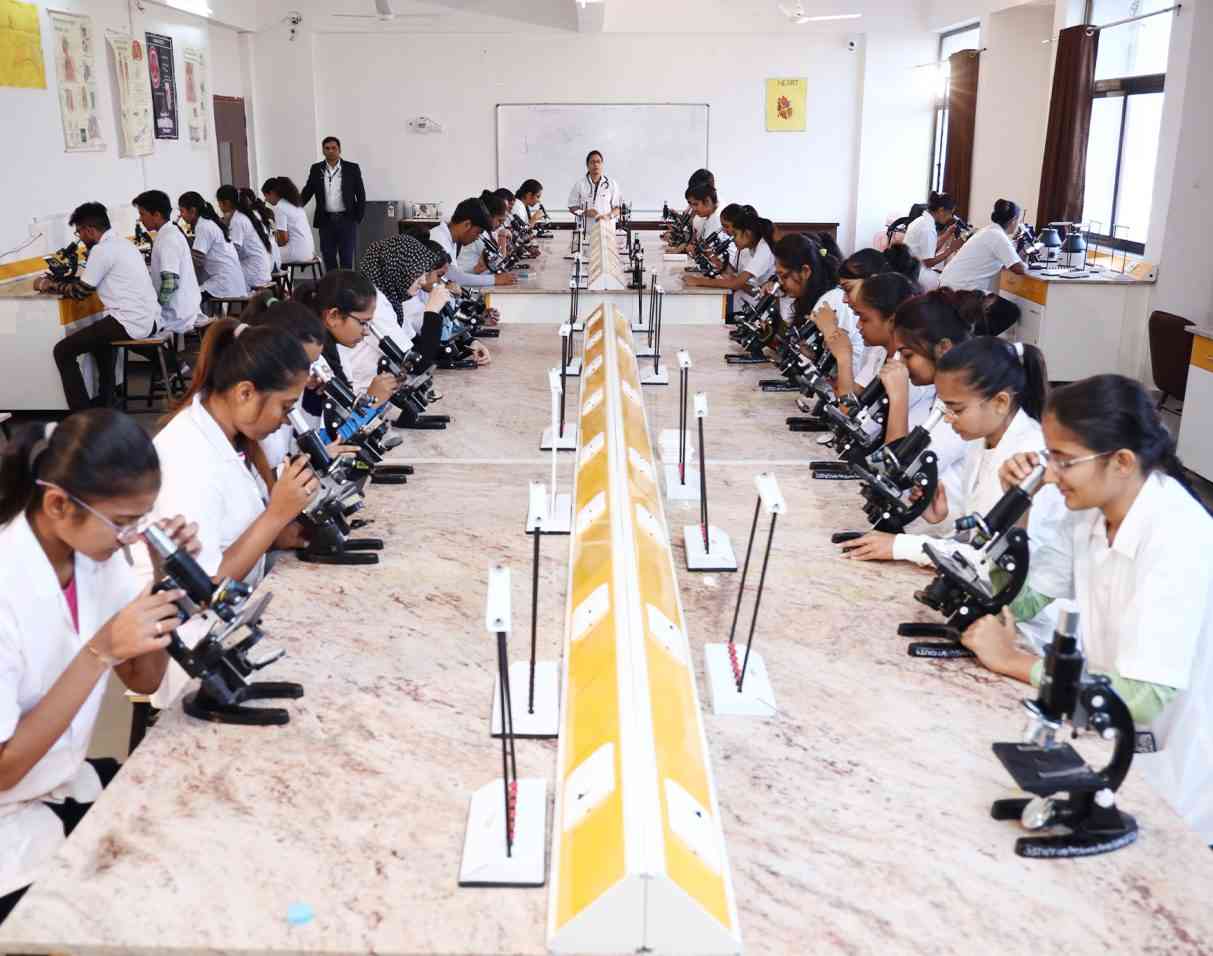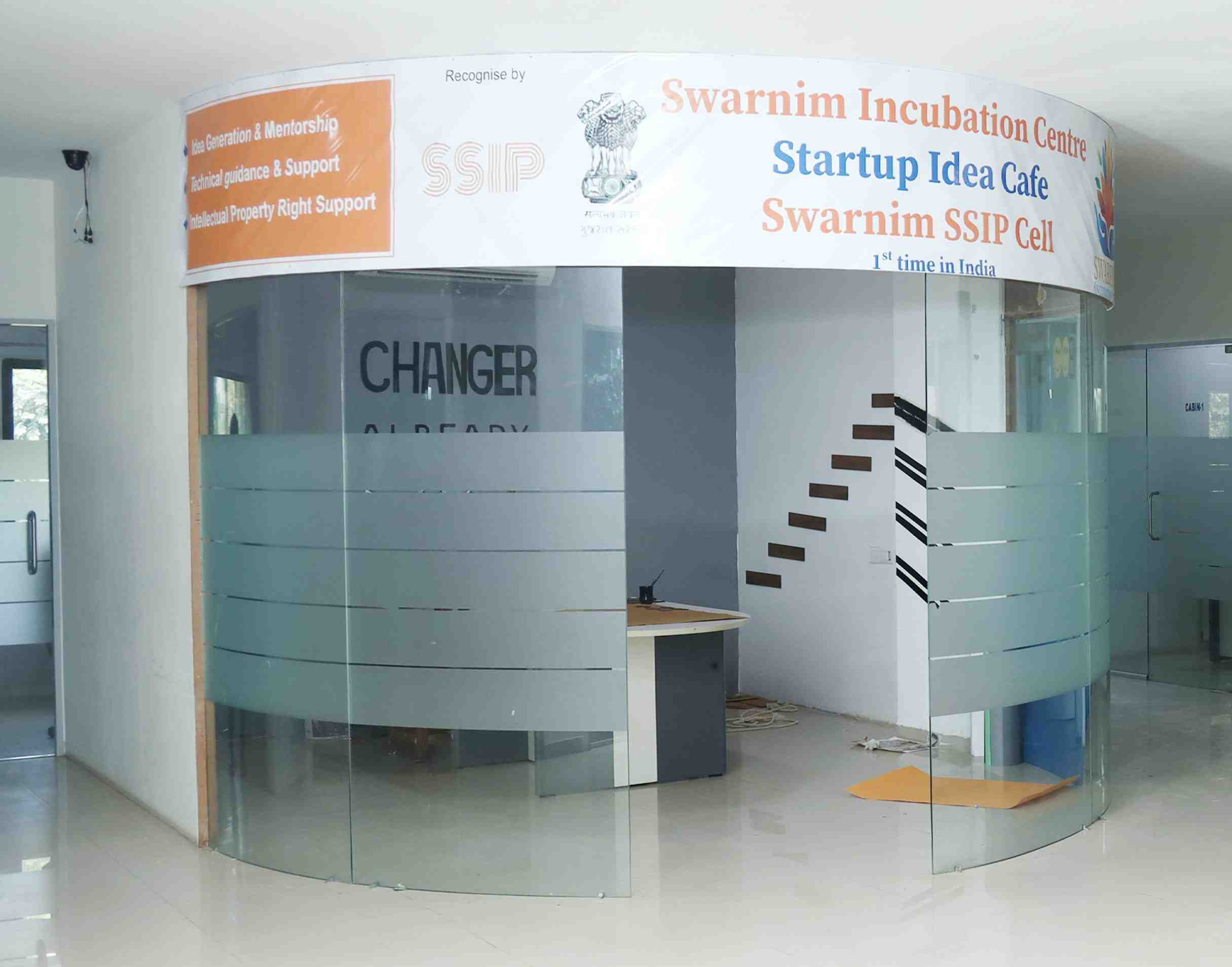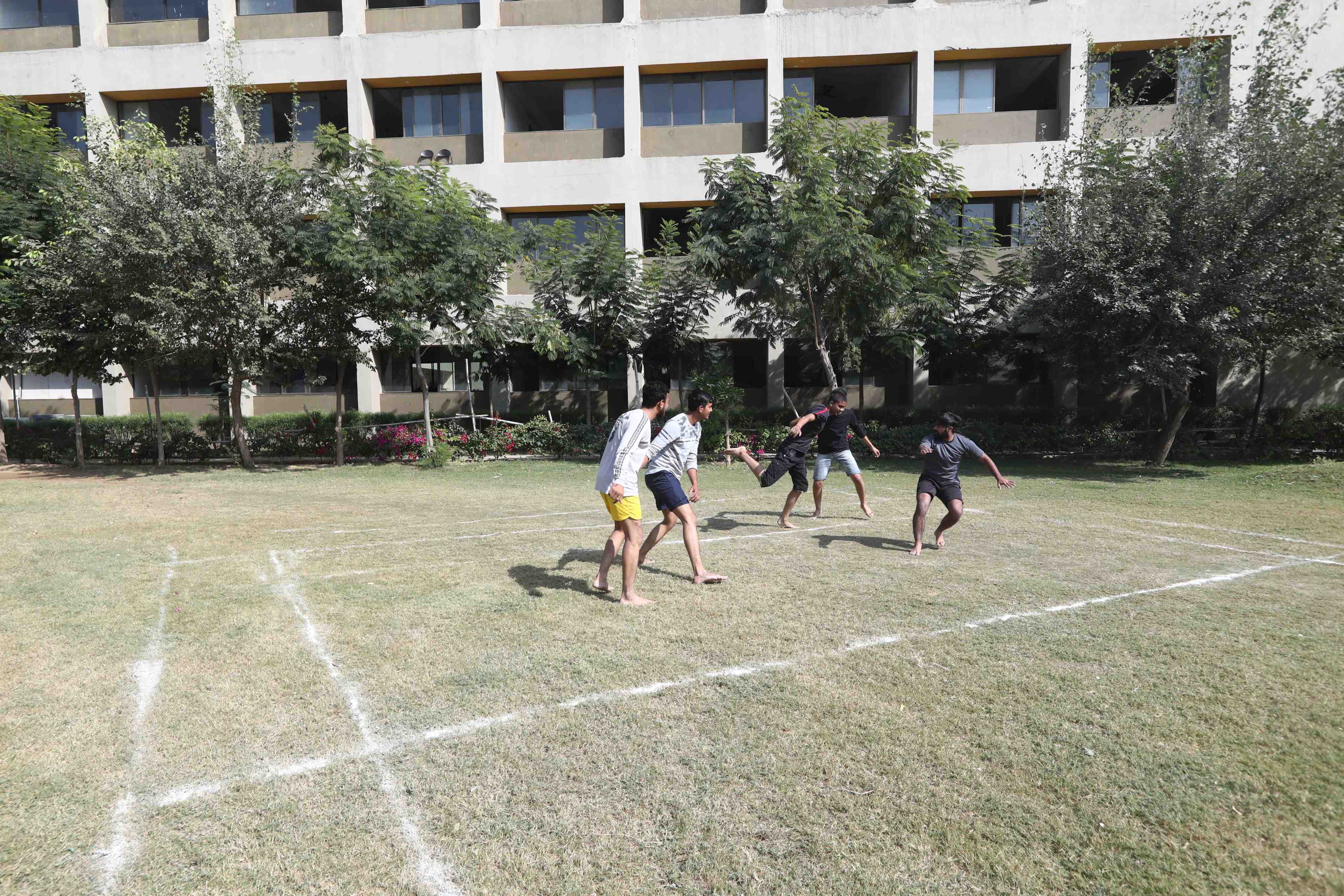Pre-Primary Education - Importance & Objectives
Educational Activities for Kids
Importance of Pre-Primary Education in India
A house without a strong foundation will survive for a short period, but eventually, sooner or later, it will face problems. Similarly, the journey of education starts from a very first step: pre-primary education. Despite the importance of pre-primary education, the percentage of Indian children who have access to quality pre-primary education is quite low. The article aims to highlight the importance of early childhood education, its purpose, and how we can beat the odds to make it available for every child in India. It covers government programs in this field, the role of communities, and trend-based innovations that are defining the future of pre-primary education in India.
Understanding Pre-Primary Education in India
In India, the learning process is initiated in the early stages. Pre-primary education, also called early childhood education, is an area in education that constitutes a time period that presents the basis for future growth and development of the child. Pre-primary education is the early phase of formal education, meant to cater to young children whose ages range between 3 and 6 years. This phase is very crucial, for a child in this stage is really shaped and his or her orientation developed. Nursery, Kindergarten, and Preschool programs are the very basic level of pre-primary education in India. They are essentially about learning literacy, numeracy, and some essentials of life skills through play way and activity-based learning processes. The quality and reach of pre-primary education in India, while central to the entire process of education, remain fairly heterogeneous across regions.
The Objectives of Pre-primary Education
- Cognitive developments
- Enhancing Physical Abilities
- Social and Emotional Development
- Develops Creativity and Curiosity
One of the big purposes of pre-primary education is the enhancement of cognitive development. The child will be involved in different activities, leading the learner to think, solve problems, and even understand basic concepts regarding language, mathematics, science, and the arts. These basic skills are very essential to ensure their future academic achievement.
Physical development is the other key objective in pre-primary education. Activities that entail movement, like playing with blocks, drawing, and outdoor play, will allow the children to develop fine and gross motor skills. Activities also promote health and well-being, whereby the children know the importance of being active to lead a healthy lifestyle.
Early learning has huge implications for the social and emotional development of children. Engaging with peers and adults in a preschool classroom configuration provides children with important social skills, among them, sharing, cooperation, and empathy. They can develop emotionally by learning to understand and express their feelings in a good and healthy way, so they gain good self-confidence and self-esteem
Fostering creativity and curiosity is one of the main aims of early childhood education. It allows children to express themselves and the world through play, exploration, and creative activities. Love for learning is developed as it makes them ask questions and seek new experiences.
The Need For Pre-primary Education
Pre-primary education is the foundation in the lives of children as it serves as a strong basis in these areas so as to enable them to succeed when they join primary school. We’ve listed some points that highlight the need and importance of pre-primary education in India.
The first three years in the life of a child are the period that experiences rapid brain growth. The brain of the child grows at an explosive rate in that period when new connections are made at a speed that will never be matched again. Pre-primary education taps into this potential. It provides children with stimulating environments, experiences, and interactions that allow them to develop in the areas of cognition, language competence, and emotional growth.
Children are introduced to the joy of learning through play and exploration, hence developing a positive attitude towards learning. Important skills are developed in children, including concentration, problem-solving, and decision-making. Their early experiences shape their way of learning in the future, which helps them build a base supporting academic successes and personal development throughout their lives.
Early learning has huge implications for the social and emotional development of children. Engaging with peers and adults in a preschool classroom configuration provides children with important social skills, among them, sharing, cooperation, and empathy. They can develop emotionally by learning to understand and express their feelings in a good and healthy way, so they gain good self-confidence and self-esteem
Another aspect that showcases the importance of pre-primary education is socialization. This stage is where children learn to interact with other children, to share, and to work in teams. Early interactions are an important contributor to social skills and emotional intelligence development. Further, pre-primary education provides children with a secure and caring environment in which they can share their feelings, understand their emotions, and even inculcate feelings of empathy in them toward others. It has been found to be the basis of their lives and performance in later stages.
- Early Brain Development
- Foundation for Life-long Learning
- Socialization and Emotional Well-Being
- Develops Creativity and Curiosity
Challenges in Pre-Primary Education in India
In general, there are many important challenges that pre-primary education in India must address in order to be effective and covered
Accessibility
The first and foremost challenge is that of accessibility that comes under the perspective of universal accessibility of all children to pre-primary education. This challenge is the biggest—making pre-primary education accessible for all children in the country. And despite many efforts that are put into increasing access, many children continue to be out of school, particularly in remote rural or underserved communities. Reasons for low enrollment in pre-primary programs include poverty, lack of awareness about the importance of early education, and inaccessibility to educational facilities within the vicinity.
Quality of Education
The quality of pre-primary education in India varies widely. While many government and low-cost private schools are still bereft of proper facilities, including the lack of learning material and poor infrastructure, some private schools provide high-quality play-based environments. In addition, most of the pre-primary schools put much emphasis on the learners' rote learning rather than equipping them with creative thinking, critical thinking, and problem-solving skills.
Teacher Training and Curriculum Development
One of the main problems within the scope of pre-primary education is the lack of adequate training of teachers. Many educators in this sector do not have specific training in early childhood education, which affects their ability to create effective child-centered learning environments. The curriculum has to be standardized and developmentally appropriate, focusing holistically on development rather than equipping the child only to join primary school.
Government Initiatives and Policy
Accepting pre-primary education as an important program, the Indian government started various schemes and policies to develop access and quality. The package of services of Integrated Child Development Services (ICDS), for instance, includes preschool non-formal education. The National Education Policy (NEP) 2020 also emphasizes the need for early childhood care and education (ECCE) strongly and aims at the inclusion of 100% of preschool age children into the ECCE system by the year 2030.
Role of Parents and Community
Parents and community members play a very important role in supporting pre-primary education development and making it a success. Their greatest involvement can most affect the readiness of a child for school and their progress in school. Research has also indicated that children whose parents are involved in their educational activities right from the formative years have been academically successful and possess good social skills. From home-based educational activities to taking part in school-related occasions, the level of involvement of the parent may differ. Parents can even support their children in the matter of education by providing an environment at home that promotes interest and curiosity in the learning process. Community involvement can entail the initiation of community-based pre-schools, the organization of educational workshops, and the creation of children-safe safe playing areas where children learn and develop outside of school. Community participation leads to cultural relevance in educational interventions and programs, and that ensures that the needs of the children are met and attained. The home is a child's first school, even before formal education. Along with this, parents and guardians are supposed to provide a supportive learning environment at home. This can be done through the provision of books and educational toys and by providing a chance for creative play. Learning to explore and ask open-ended questions will also stimulate a child's curiosity and love for learning.
Innovations and Trends in Pre-Primary Education
Innovations in pre-primary education are helping to transform the ways young children learn and develop. This transformation trend encompasses learning modalities that are engaging, inclusive, and more effective. Use of Technology in Early Education Technology, when used correctly, can, therefore, enhance early learning experiences. Education apps, digital storybooks, and interactive games are personalized learning tools that can adapt to the pace and interest levels of children and keep them engaged while they learn. However, it should be supplemented with hands-on, experiential, and play-based activities, which children can easily learn from in a fun and engaging manner. Activity-Based Learning In education for pre-primary age, learning through activity or activity-based learning is gaining popularity. It provides children with encouragement to discover and do experiments and engage in problem-solving through play. Learning becomes fun when it gets coupled with activities like arts and crafts, storytelling, and outdoor play, which further help in fine motor development and language and social development as well. Inclusive Education Practices "Inclusive" in this regard is interpreted to mean the acceptance and appreciation for the existence of diversity among all learners, whereas each one's education is acknowledged and supported. This is what highlights the importance of pre-primary education in India. Alongside the embrace of affirmative policies, there is a growing focus on inclusionary education that encompasses all learners, especially those with disabilities and children from marginalized communities. Inclusive practices in the early years ensure that every child, regardless of either background or ability, And this means adjusting the teaching methods, materials, and the learning environment to all the learners.
Swarrnim School: A Beacon for Quality Pre-Primary Education in India
If you’re ever wondering, “what is the importance of pre-primary education?'' It's important to understand that the education journey begins with small steps made in the early years. In the landscape of pre-primary education in India, Swarrnim School emerges as a shining example of excellence and innovation. With its state-of-the-art facilities and child-centric approach, we stand as a testament to what can be achieved when quality education is prioritized. Our philosophy is rooted in the belief that every child deserves access to quality early education that lays the groundwork for lifelong learning and success. The school's curriculum fosters cognitive, physical, social, and emotional development through traditional and innovative teaching methods. With a focus on play-based and experiential learning, Swarrnim School encourages children to explore, discover, and learn in a stimulating and nurturing environment.
Meta Title: Pre-Primary Education - Importance & Objectives
Meta Description: Educational Activities for Kids







